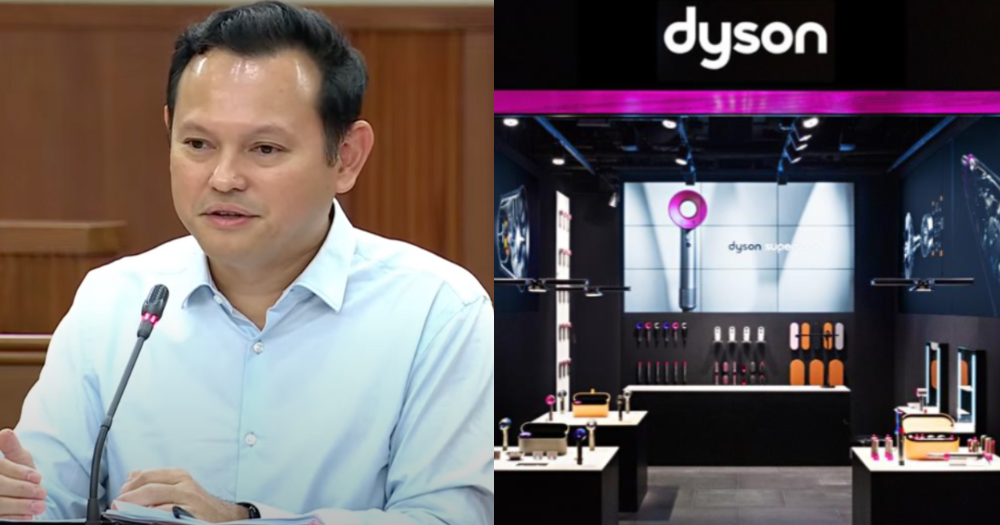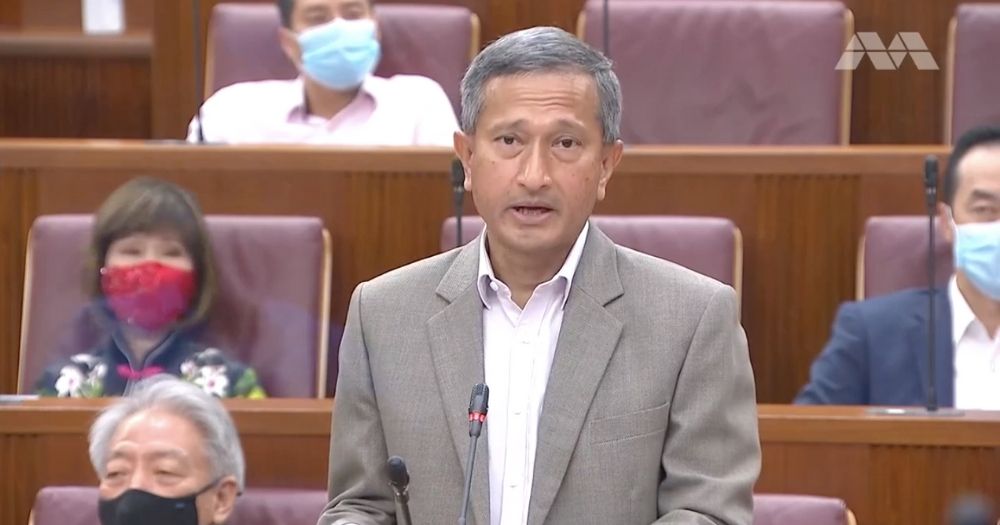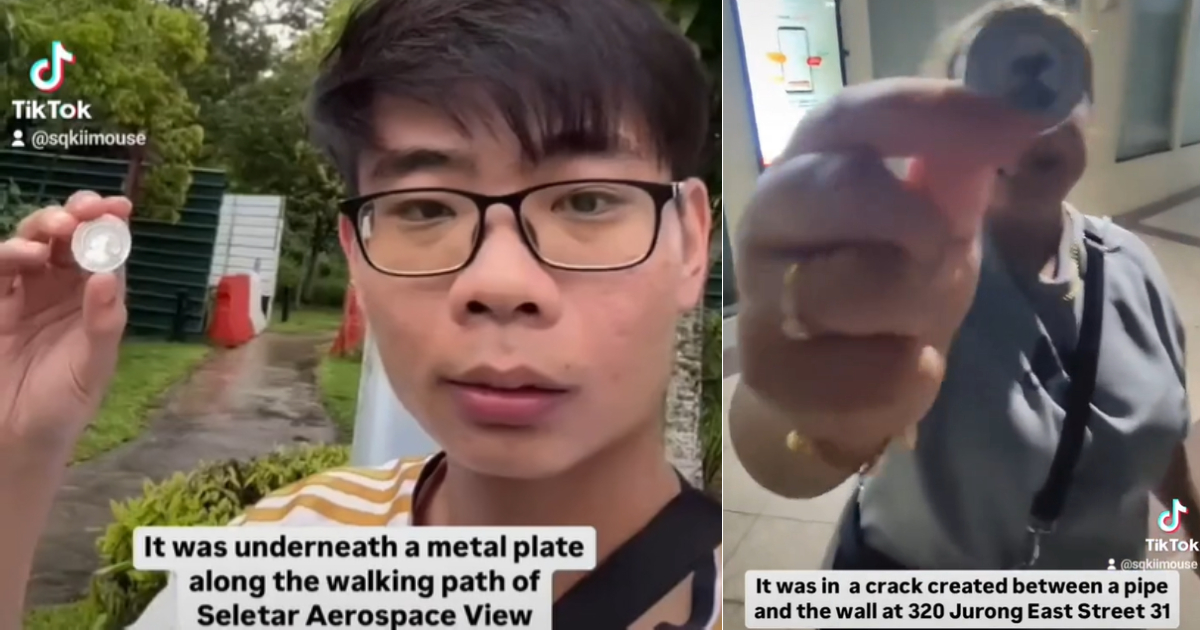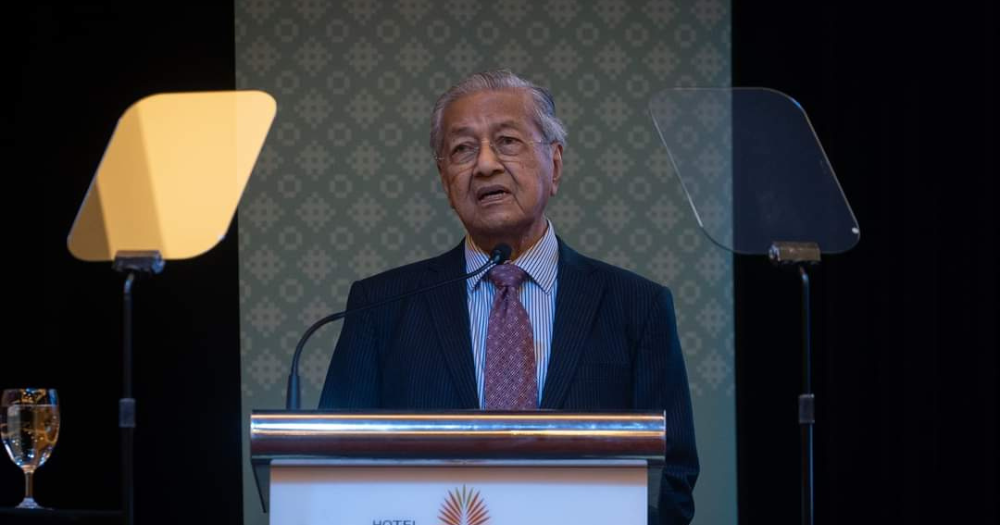Dyson went beyond 'obligations', paid retrenched employees with less than 2 years' service: MOM
Tripartite guidelines state that only employees who have served the company for at least two years are eligible for retrenchment benefits.

Senior Minister of State for the Ministry of Manpower (MOM) Zaqy Mohamad addressed questions about Dyson's recent retrenchment exercise on Oct. 1, 2024.
The United Workers of Electronics and Electrical Industries (UWEEI) then expressed their concerns that they were only notified a day before Dyson informed the affected employees.
MOM said on Oct. 12 that Dyson had submitted its mandatory retrenchment notification to the Ministry of Manpower (MOM) within five working days of notifying the affected employees, which the ministry described as "on time".
Moreover, all the retrenched employees from Dyson were professionals, managers or executives (PMEs) who were not unionised, Zaqy said.
"Thus, they are not within the scope of the union's collective representation, and the period of notice is therefore negotiable," he added.
Trust between union and employer key
Zaqy noted that Dyson had handled the recent retrenchment exercise in accordance with Singapore's laws and tripartite advisories.
However, Zaqy noted that the spirit of tripartite engagement is built on trust and a shared understanding between the employee and the union.
Dyson had explained to the UWEEI the reasons for not being able to give more advanced notice to the union, Zaqy clarified.
"So communication is key to managing the concerns of the affected employees while also being cognizant of the constraints of the business," Zaqy said.
Zaqy added:
"Trust between the union and employer is key. This cannot be taken for granted, and it needs to be built over time. Companies should value Singapore's tripartite culture and work closely with the unions. At the same time, the unions also need to do their part to manage the concerns of employees while recognizing business needs.
Now this is the delicate balance, the delicate balance that has made our model of tripartism work well over the years, but ultimately, it is also important that all tripartite partners focus on the welfare of the affected workers, so that we can all work together to help them during this difficult period of disruption."
Dyson went "beyond what they [are] obliged to do"
Zaqy responded to questions from MPs regarding compensation provided by Dyson to the retrenched workers.
Retrenchment benefits are payments made by a company to provide some financial support to help the affected workers through the period of disruption.
Based on the tripartite advisory, the amount of retrenchment benefits depends on what is provided for in the collective agreement, otherwise it will be negotiated.
The prevailing norm, Zaqy said, is between two weeks to one month salary per year of service. Retrenchment payments also depend on the financial position of the company and industry norms.
So, based on tripartite guidelines, the retrenchment benefits for PMEs can be calculated differently from those for rank-and-file employees.
Regarding Dyson providing retrenchment benefits for affected employees, Zaqy said: "Well, there's no requirement to do so, and the affected workers are also not covered by the collective agreement."
Nevertheless, Zaqy said that Dyson provided a retrenchment benefit quantum for the affected PMEs that was in line with Singpore's tripartite advisory.
Zaqy also noted that while only employees who have served the company for at least two years are eligible for retrenchment benefits, Dyson provided affected employees who have served less than two years as payment as well.
"So that goes beyond what they are obliged to do," Zaqy said.
Affected employees will also get after-care support, outplacement assistance, coaching, and career counselling access.
UWEEI and the Employment and Employability Institute (e2i) are also assisting affected workers who have approached them, MOM said.
Mandatory retrenchment notification period
Zaqy also addressed questions about the current guidelines concerning mandatory retrenchment notifications (MRN).
"Dyson submitted its MRN to MOM on time, within five working days of notifying the affected employees, and this has enabled the Task Force for Responsible Retrenchment and Employment Facilitation, or RTF, to work with Dyson to provide career facilitation services and information kits to the affected employees," Zaqy said.
Late submission of MRNs
Zaqy noted that from 2019 to March 2024, about 30 per cent of MRNs were submitted late, after 5 working days of notifying the affected employees.
Zaqy added that around half of the late submissions were submitted before the actual retrenchment date.
"This means that the RTF is still able to offer employment assistance to affected employees in a timely manner," Zaqy said.
On whether MRNs should be submitted earlier, Zaqy said:
"We need to strike a balance between allowing employers sufficient time to finalise their decisions, while enabling the prompt provision of career facilitation services and programmes to affected employees.
Employers may need more time to decide on how they want to restructure and transform their business and collate details required on the affected workers for MRN submission."
"Nonetheless, employers can provide early notification to MOM if they are considering an upcoming retrenchment exercise, and rest assured, we will treat the information we receive sensitively," Zaqy added.
Businesses need flexibility
Zaqy also said that businesses need flexibility to make decisions which allow them to adapt to market conditions and transform their business models.
Zaqy emphasised the importance of striking a balance between workers and businesses:
"There are other countries where the labour market is more rigid, or where there is a more confrontational relationship between the unions and the employers. This makes a country less attractive for companies to invest in. So we have to strike a balance between protecting workers and providing flexibility for businesses.
If we do not get this balance right, we may think that we are protecting our workers in the short term. But in the longer term, the good jobs for our workers may be reduced as we become a less attractive place for companies to invest in and firms may choose to site the operations or outsource jobs elsewhere."
Top photo via Google Maps & " target="_blank" rel="noopener noreferrer">MDDI Singapore/YouTube.
MORE STORIES





















